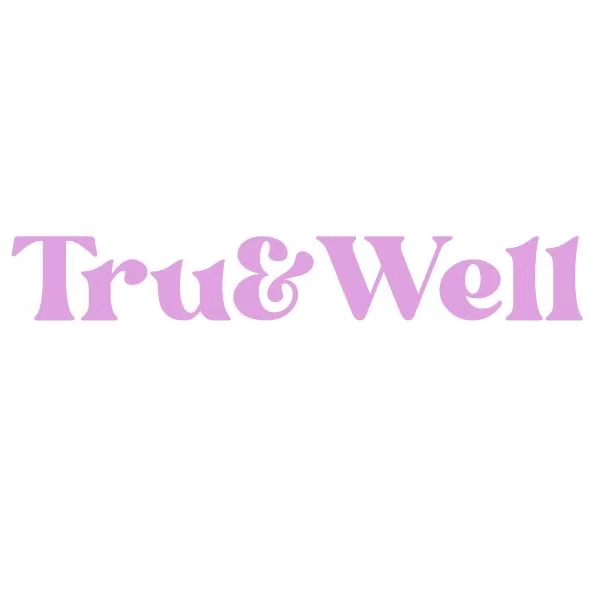Autism assessments are processes where mental health professionals can analyze you, get a feel for your habits, and potentially diagnose you if you fall on the spectrum. It’s a time-intensive process that involves gathering information and taking steps to make the process go by more smoothly.
Many people prefer knowing things for sure and appreciate the clarity that comes from the process, regardless of the outcome. If this is something you’re interested in seeking out, here’s what you can do before getting an autism assessment. A little preparation can go a long way in providing a clearer answer.
Reflect on Your Experiences
Before undergoing an assessment, take some time to reflect on your experiences and behaviors. Think about the challenges you face, the unique strengths you have, or any concerns that stand out to you over time.
It’s a good idea to write down examples of times when you struggled with communication and social interactions or moments when you seemed sensitive to sensory overload. These details often offer valuable insights for the clinician conducting the assessment.
Collect Relevant Background Information
Another thing that can help you prepare for your assessment is gathering any relevant information, which can include your developmental history or medical records. Many people seeking these types of assessments are already speaking to a psychotherapist or psychiatrist, so you may want to run it by them and see if they can help you collect any information.
Whenever possible, you may even try to seek our school records, evaluations, or other contextual documents that professionals can use. Detailed and accurate information provides a strong foundation for the assessment process.
Understand the Process and Ask Questions
Another thing to do before getting an autism assessment is to learn about the process and write down any questions you have about it. You can ask about the tools or methods that go into the process and how they plan to conduct the evaluation. Asking questions is a great way to prepare yourself and go into it with more confidence. The more trust you have in the process, the more likely you are to understand the results and see where it’s all coming from.
Preparing for an autism assessment doesn’t just empower you—it helps the clinicians provide a clearer diagnosis. It may seem overwhelming, but it’s a crucial step toward getting the insights you need to move forward in better understanding yourself.

